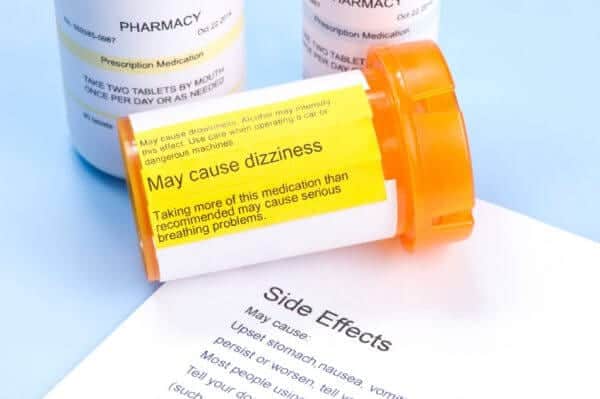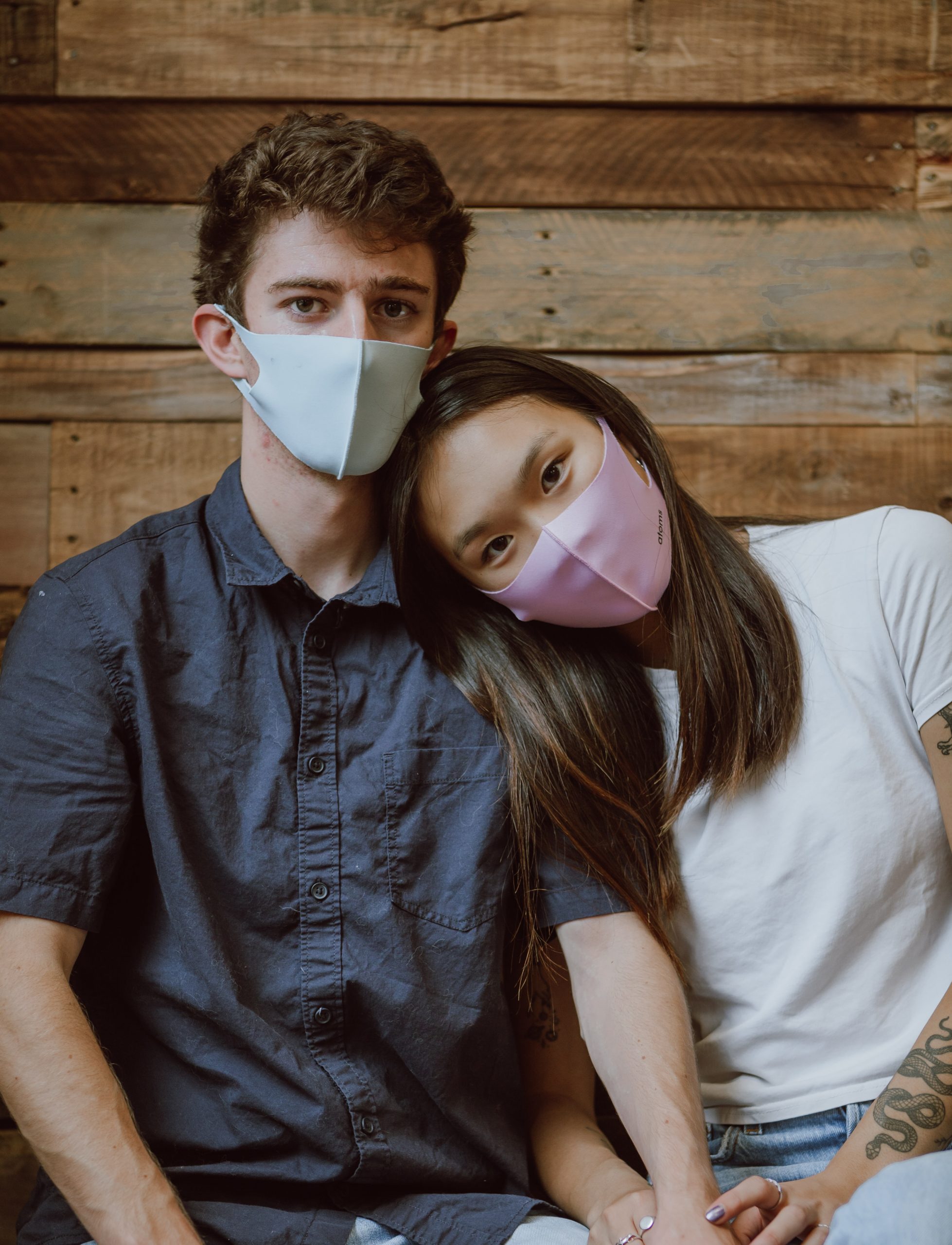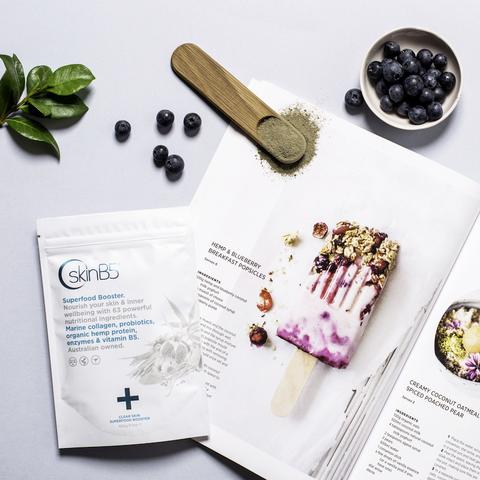There’s nothing better than spending a lazy Summer Saturday basking in the sun. As the days get warmer we all want to be outside having fun, but for people with acne-prone or sensitive skin, summertime isn’t always fun and games. You probably already know about the importance of wearing sunscreen and protecting your skin from sunburn, but what you don’t know is that your acne medication combined with sun exposure can cause irreversible damage to skin leading to premature aging.
Almost all prescription acne medications have side effects, some worse than others. Roaccutane can cause severe depression, liver damage and birth defects in pregnant women, chemical face washes can over-dry and even burn the skin making it ultra-sensitive, and antibiotics can promote nausea, intestinal infections, resistance to antibiotics and hormone changes.
In addition to this, all of these prescription or over the counter acne medications cause increased sun sensitivity which leads to more sunburns, skin discolouring (such as blotches or freckles) a higher risk rate for skin cancer and premature aging.
Here’s the lowdown on different acne treatments and how they increase sun sensitivity:
Topical Acne Treatments (Face Cleansers, Skin Peels, spot treatment gel, etc.)-All of these acne treatments work as exfoliants; chemically removing the top layer of the skin. While this can help reduce the appearance of pimples and acne lesions, it can also prematurely expose a new layer of fresh skin which can be extremely sensitive to the sun. Combined with sun exposure this results in shorter burn times, darkening of the skin, spotting, freckling and more severe sunburns.
Dermatologist Acne Treatments-Laser acne treatments and microdermabrasion are two of the most common acne treatments performed by dermatologists. Generally these are used in severe cystic acne cases and can be very effective in removing acne, rejuvenating the skin and treating acne scars. The nature of these treatments is based on removing a layer of skin, leaving skin ultra-sensitive and prone to sunburn, discolouration and irritation when exposed to direct sunlight.
Prescription Acne Medications-Doxycycline and Roaccutane are two of the leading anti-acne prescription acne treatments. They don’t topically remove a layer of skin like some other treatments, but they are chemically based and proven to highten levels of sun sensitivity in many users. Keep in mind that these drugs affect the entire body; not just the face or acne-affected areas, so remember to wear sunscreen or cover up all exposed skin.
How to Avoid Sun Damage
Planning before a day in the sun is essential! It is important to remember that your skin on acne medications is much more sensitive and will burn much quicker than without the acne medication. We recommend using a daily moisturiser with at least SPF 15, and applying a higher SPF sunscreen frequently when spending prolonged amounts of time in the sun. Wearing a hat or covering exposed or sensitive areas of skin can also be beneficial in preventing sun damage.
However, the only way to completely reduce your risk of sun sensitivity caused by acne medications is to avoid them!
The only alternative acne treatments that don’t cause sun sensitivity (and other health problems) are naturally derived vitamin and mineral based acne supplements.
Acne treatments such as SkinB5 are gaining popularity among acne-ridden teenagers and adults alike for their gentle yet effective solution to curing acne. Many of these acne products (SkinB5 for example) are 100% naturally formulated with vitamins and minerals proven to reduce acne by regulating skin oil production, reducing stress, boosting the immune system and regulating hormones. Switch to a healthier, all natural acne supplement today and notice the difference for yourself!








Leave A Comment